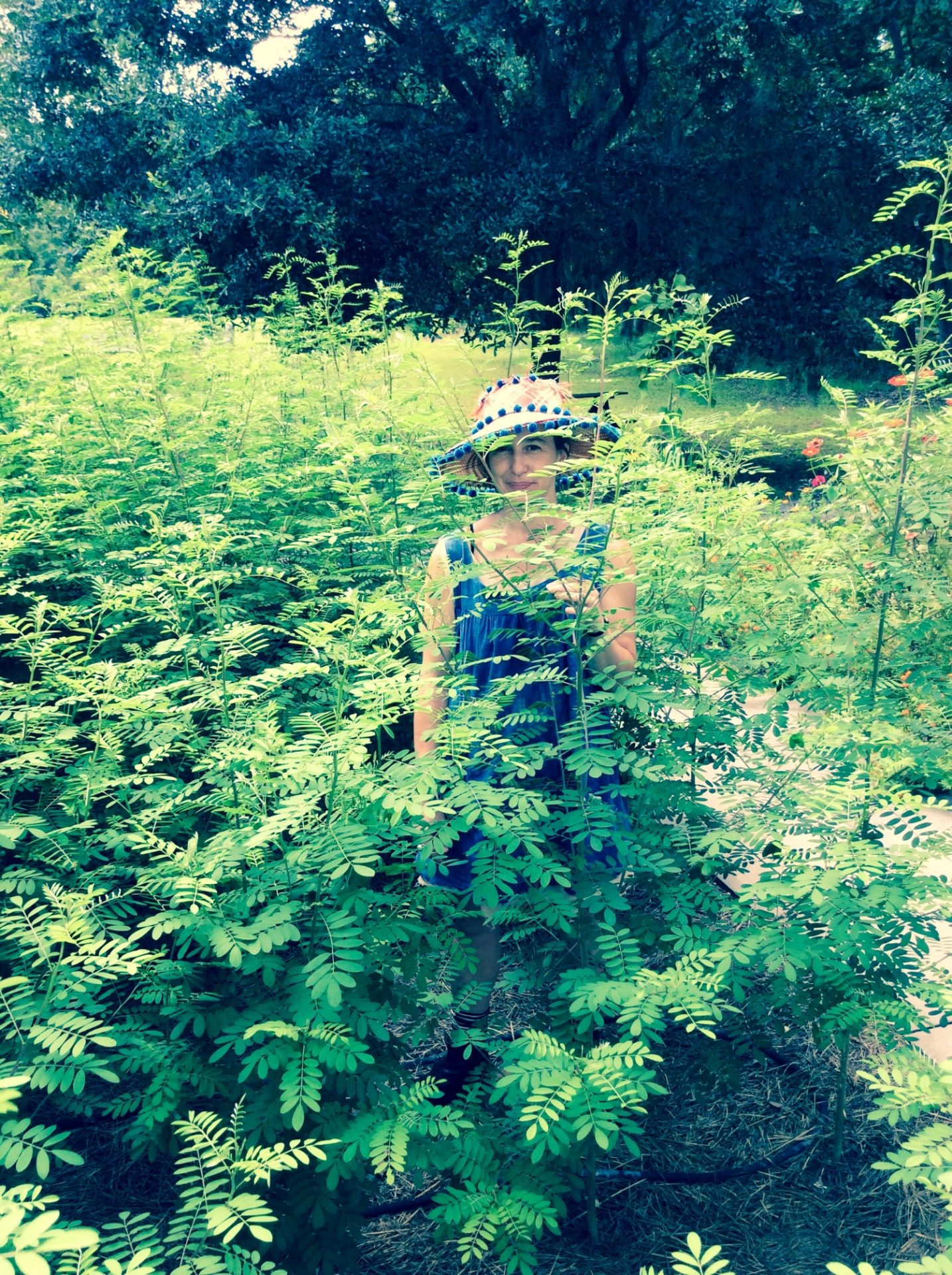
This week’s FEEDBACK FRIDAY was with Emily Carris-Duncan of The Art Dept. Emily talked about the practice of using natural dyes to tell historical stories.
As you all asked, Emily created this PDF for us of African American Quilt Researchers.
Watch the video recording here:
Emily says: “Much of my work is born out of a search for self and a desire to heal historical wounds. As a trans-racially adopted black queer, non binary person raised in modern America my story is incomplete, riddled with holes; a result of malicious neglect and the casualty of power, supremacy, domination, and shame.
I seek to unearth and preserve the untold stories of my ancestors while morphing the everyday objects that hold the traces of their pain and thereby my own. I have created pieces that interweave my experience as their descendant, with their stories so often overlooked and untold.”
BIO
Emily Carris-Duncan is an artist and founder of The Art Dept, a non-profit interdisciplinary studio and community creative space dedicated to the work of marginalized creative practitioners. She/they have a BA in education and photography from Eugene Lang College in New York and holds a master’s degree in photography from UCA in Kent, England. Their work exploring the personal and cultural legacy of slavery and the Black female body has been exhibited both nationally and internationally including at the Cooper Union in, Islington Art Factory in London, The Colored Girls Museum in Philadelphia, as well as EFA Project Space in New York. They are currently a visiting fellow at The Center For Experimental Ethnography at the University of Pennsylvania. They live and work in Philadelphia.
Next week…Leigh Magar of Madame Magar
Madame Magar is A textile design studio inspired by art, nature, folkways, and history. The studio embraces a “seed to stitch” design philosophy that explores the history of indigo, (a rich yet tangled past of place) while living and working on a former indigo plantation. The “seed to stitch” vision is inspired by Eliza Lucas Pinckney; who as a young girl in the 1740s planted Indigofera Suffruticosa and with the hard work and knowledge of the enslaved, made indigo a huge South Carolina crop. The “seed to stitch” project interweaves design and nature by growing Indigofera Suffruticosa and other dye plants and respectfully harvesting wild indigo and other wild dye plants to use mindfully in one of a kind collections.
FEEDBACK FRIDAY
If you are not familiar with FEEDBACK FRIDAY, every week, we speak with dyers, artists, scientists and scholars about our favorite topic, natural dyeing and color. Curated by Amy DuFault, Botanical Colors’ Sustainability and Social Media Director and presented by Botanical Colors’ Founder Kathy Hattori.

